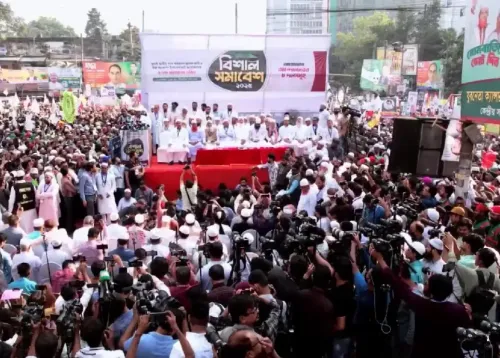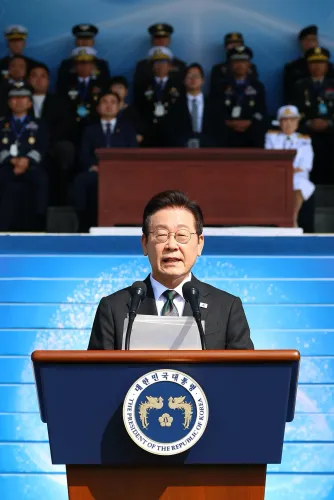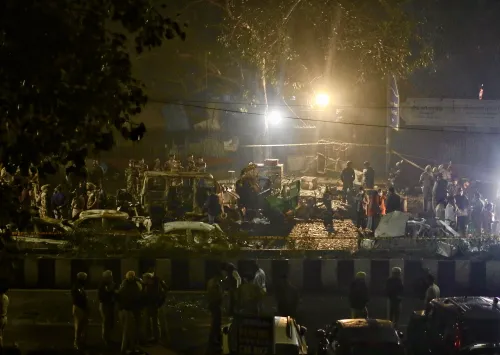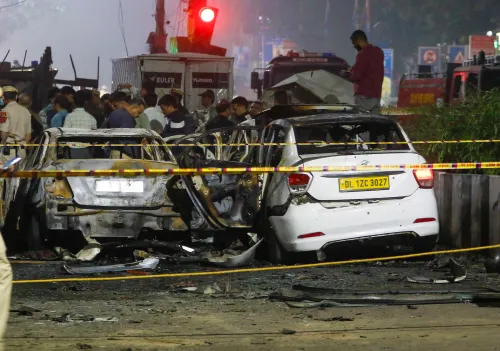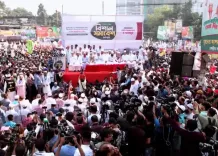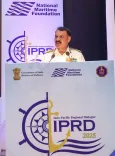Is Pakistan Really on 'Red Alert' After Indian Airstrikes?
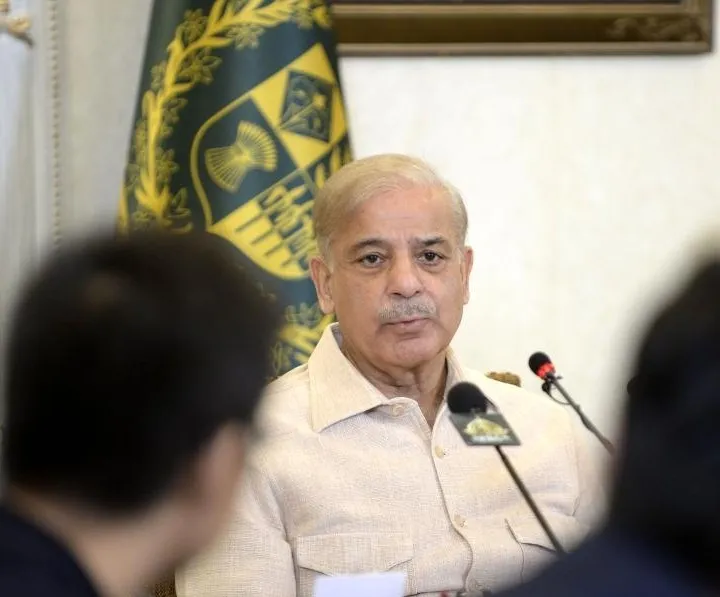
Synopsis
Key Takeaways
- Pakistan on 'red alert' due to escalating tensions.
- Government hospitals are prepared for emergencies.
- Airspace closed for domestic and international flights.
- Prime Minister Shehbaz Sharif to address the nation.
- NSC meeting to discuss future actions against India.
Islamabad, May 7 (NationPress) - Pakistan is currently on a 'red alert', with government hospitals nationwide prepared for any emergencies. The airspace for both domestic and international flights has been closed for a minimum of 24 to 36 hours. Furthermore, all educational institutions in the capital, Islamabad, and the Punjab province are shut down, with military forces on high alert following recent Indian airstrikes on terrorist hideouts across the country.
The Director General of Pakistan's Inter-Services Public Relations (ISPR), Lt. General Ahmed Sharif Chaudhry, confirmed that at least 26 individuals have lost their lives and 46 others have sustained injuries due to the airstrikes, which India claims targeted terrorist camps in Pakistan-occupied Kashmir (PoK) and the Punjab province.
The airstrikes and subsequent retaliation from Islamabad have unsettled local communities, raising fears of a potential large-scale conflict between the two nations. These actions were in reaction to the terror attack in Pahalgam on April 22, where 26 civilians were mercilessly killed by four militants, two of whom are reportedly from Pakistan.
The strikes hit six distinct locations within Pakistan, notably Masjid SubhanAllah, purportedly the hideout of Jaish-e-Mohammed (JeM) leader Maulana Masood Azhar in the Ahmedpur Sharqia region of Bahawalpur city, located in Pakistan's South Punjab.
Additional strikes were carried out in other regions, including Muridke, the alleged base of Lashkar-e-Taiba (LeT) and Jamaat ud Dawa (JuD) leader Hafiz Saeed, as well as various locations in Muzaffarabad, Kotli, and Bagh cities.
Prime Minister Shehbaz Sharif is set to address the nation this Wednesday afternoon and has convened an emergency meeting of the National Security Committee (NSC) at the Prime Minister's House to deliberate on the ongoing security issues and strategize future actions concerning India.
This vital meeting aims to shape policy and consider interventions from global powers, including the United States, which has urged both nations to exercise restraint and de-escalate the rapidly intensifying tensions between these two nuclear-armed countries.

